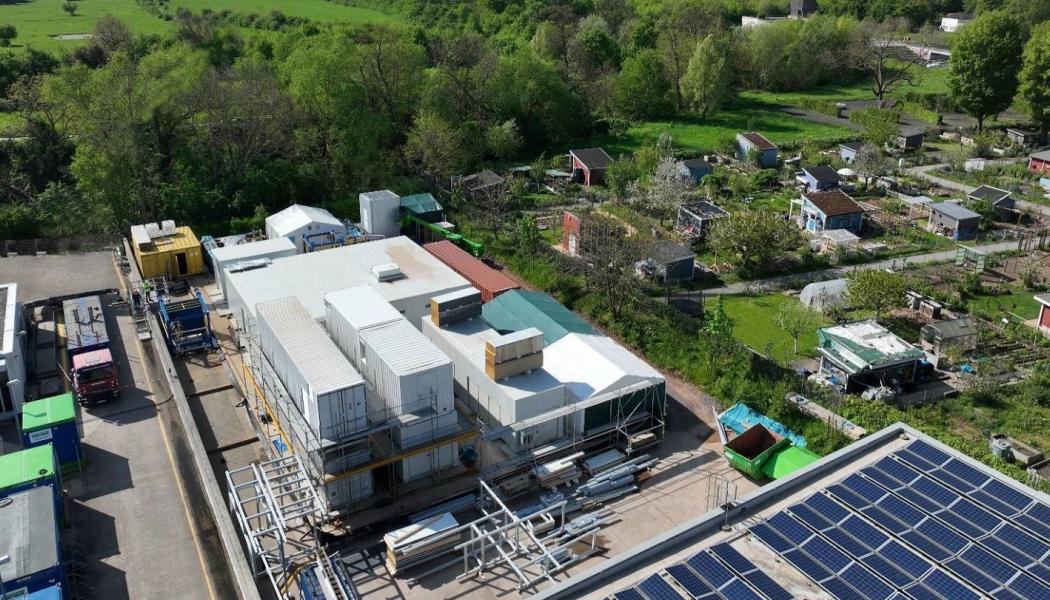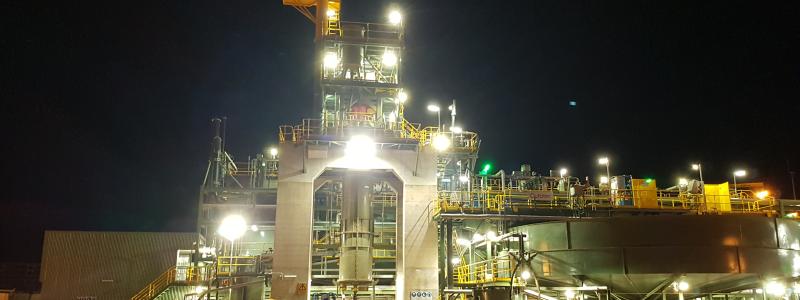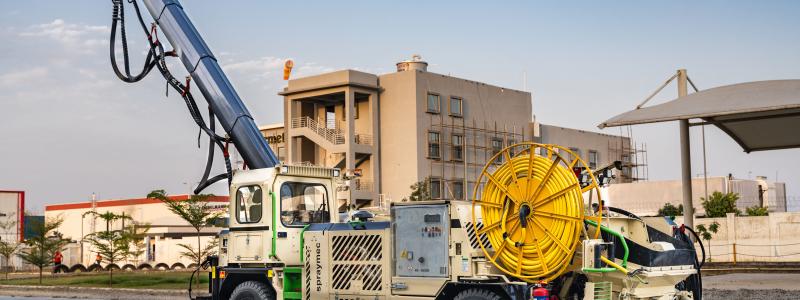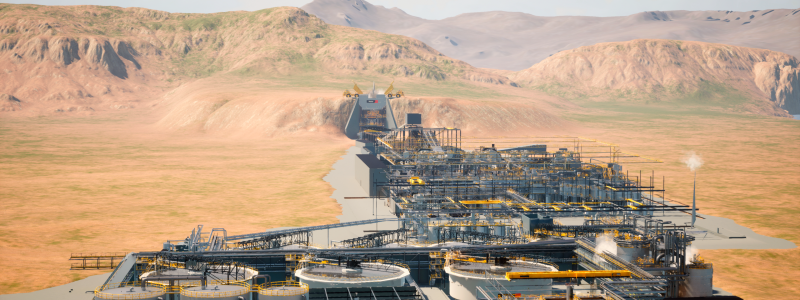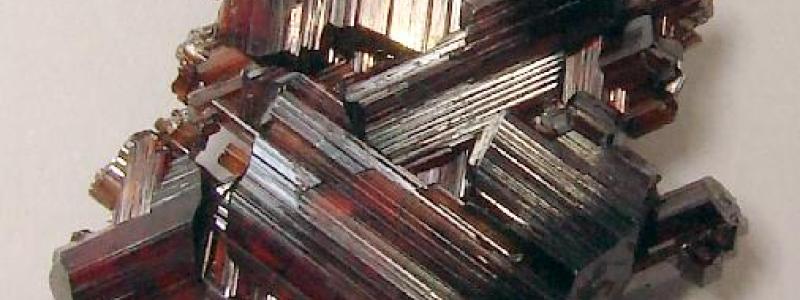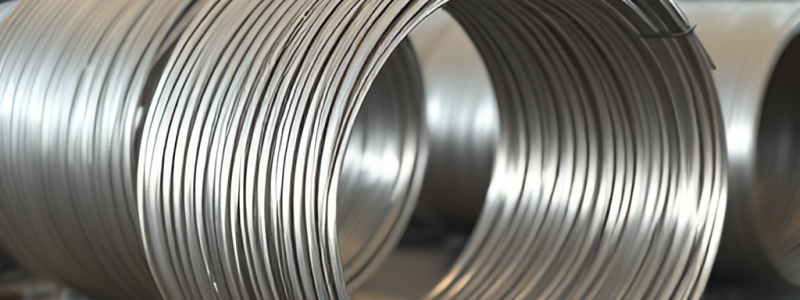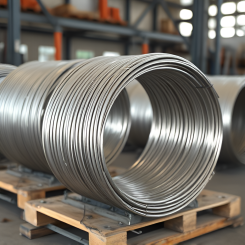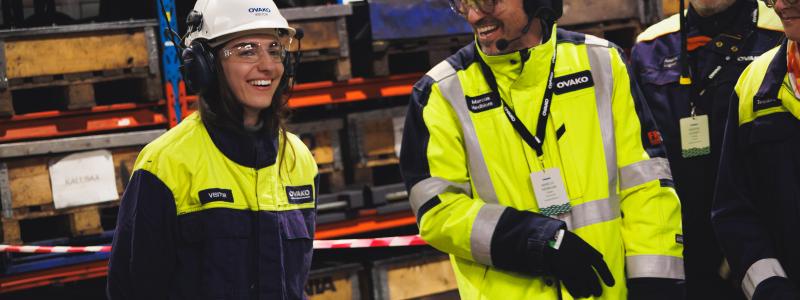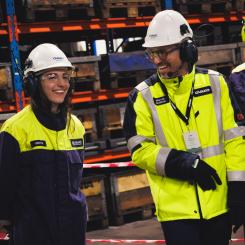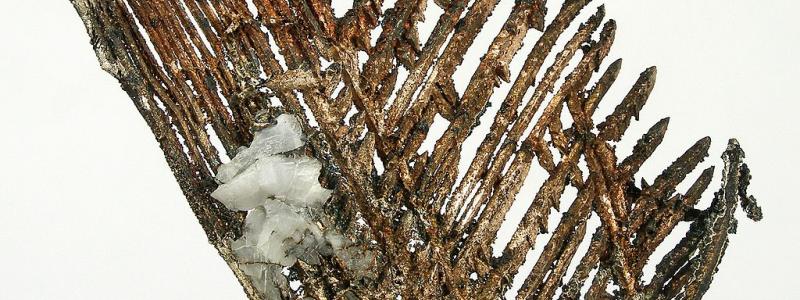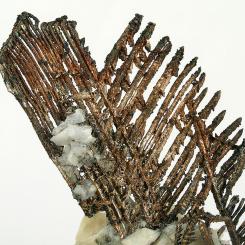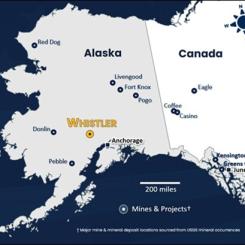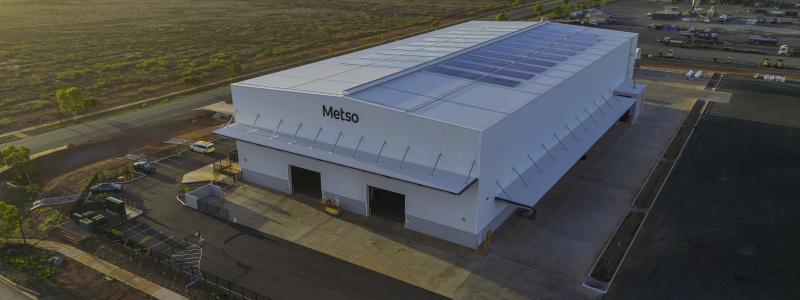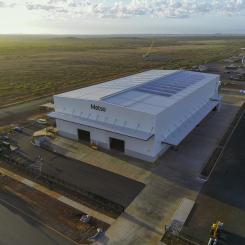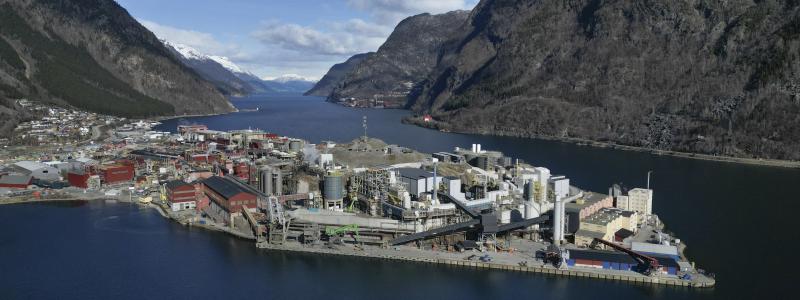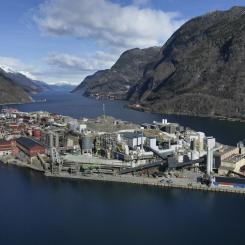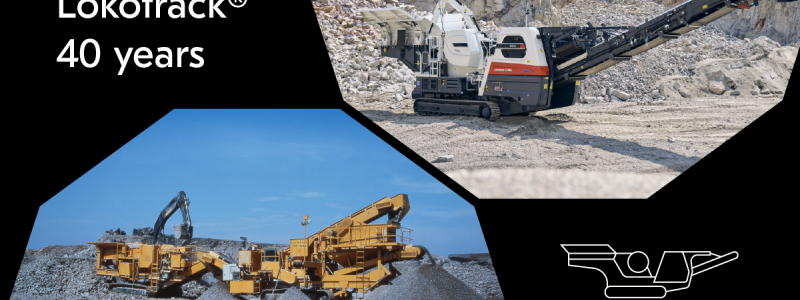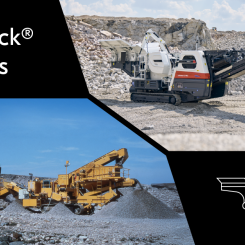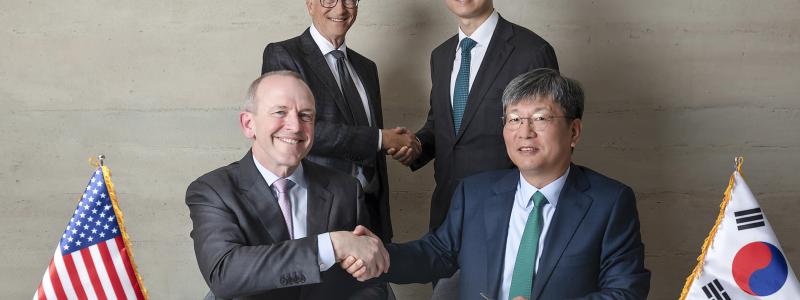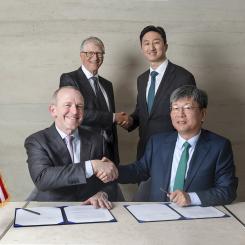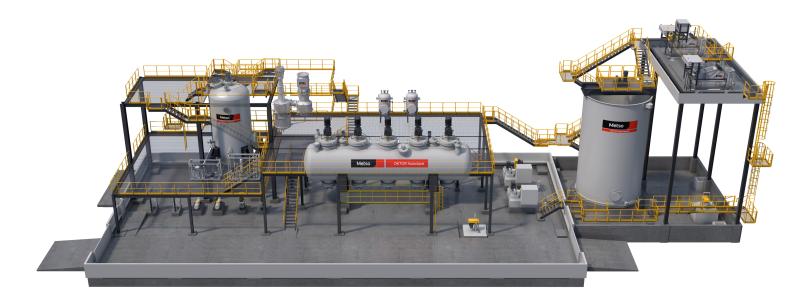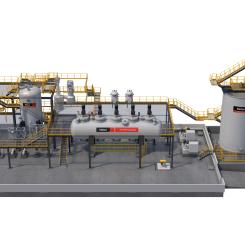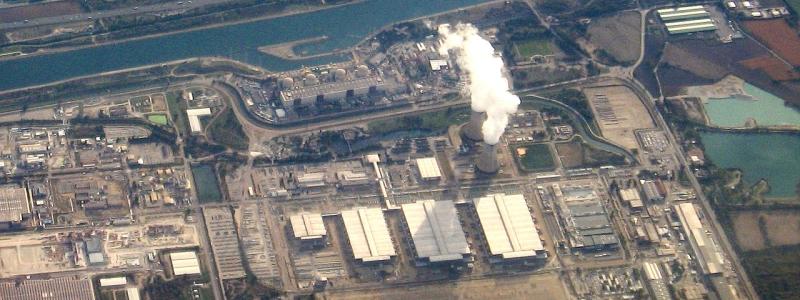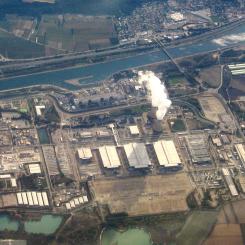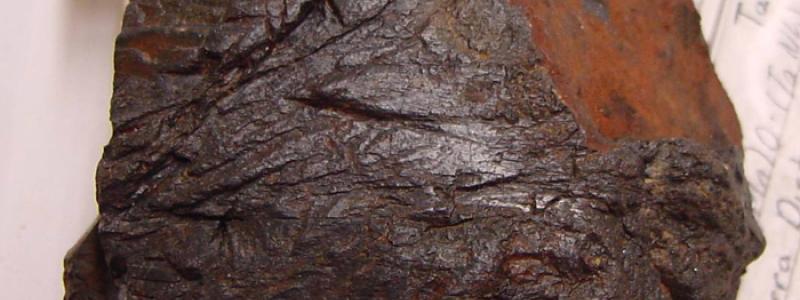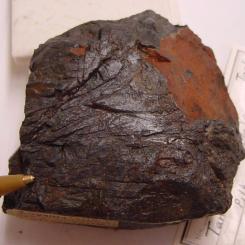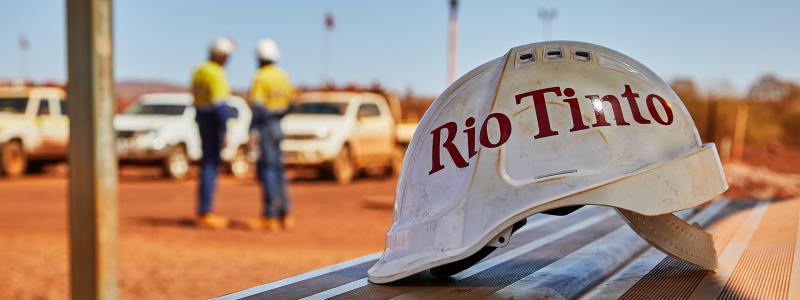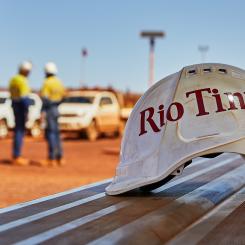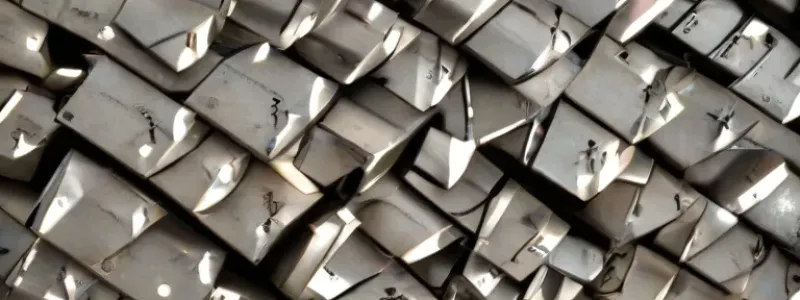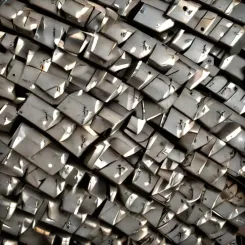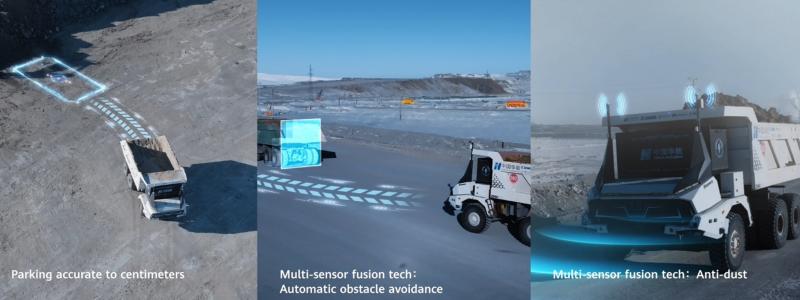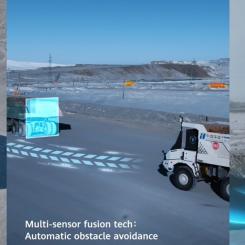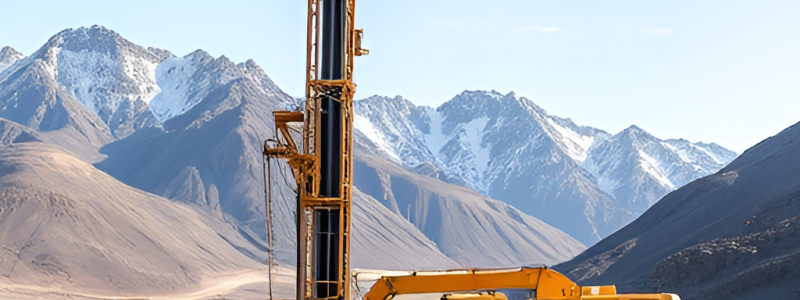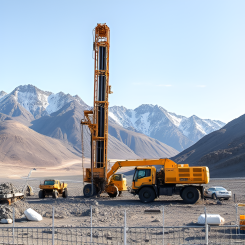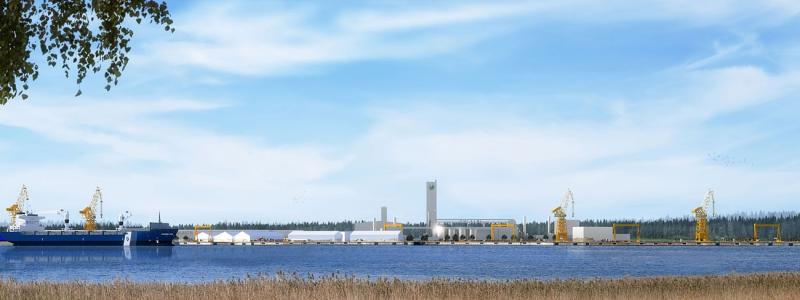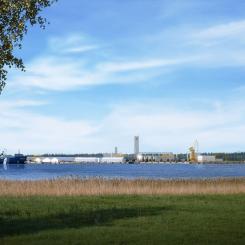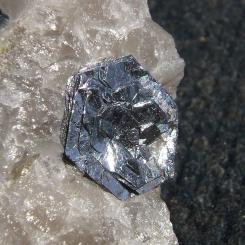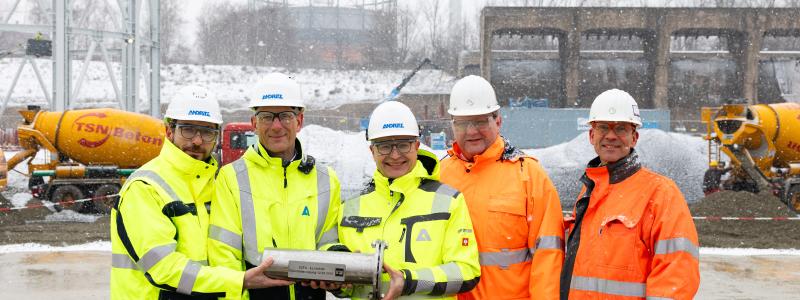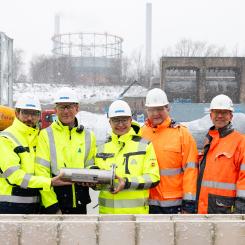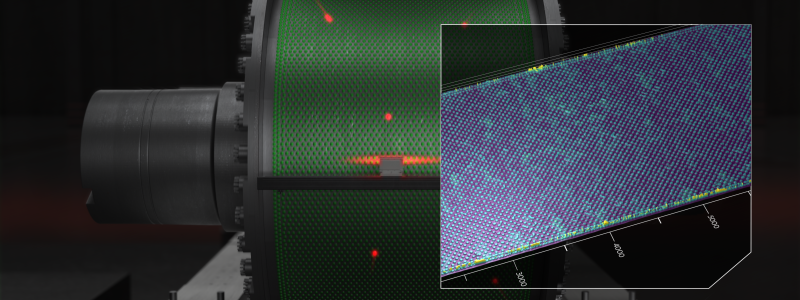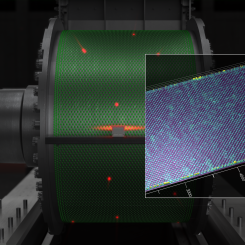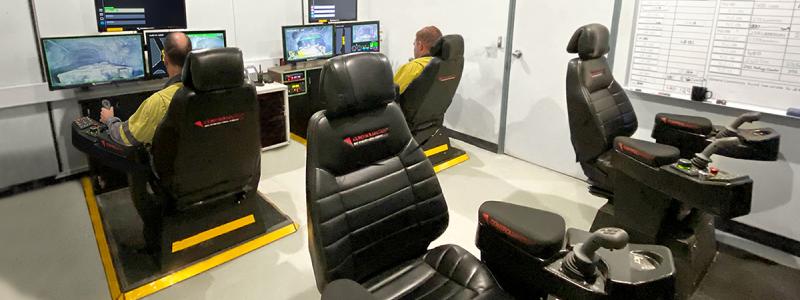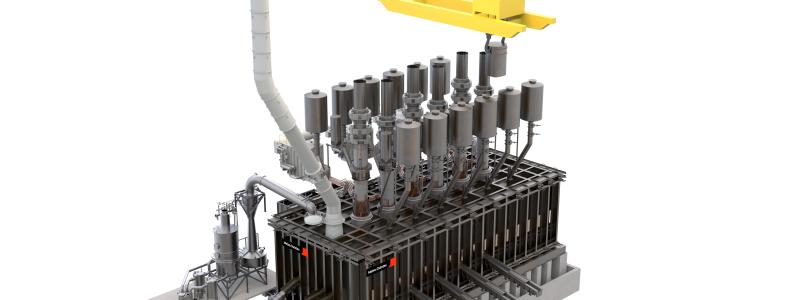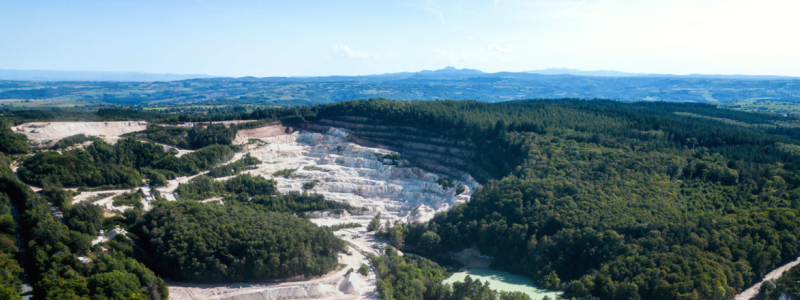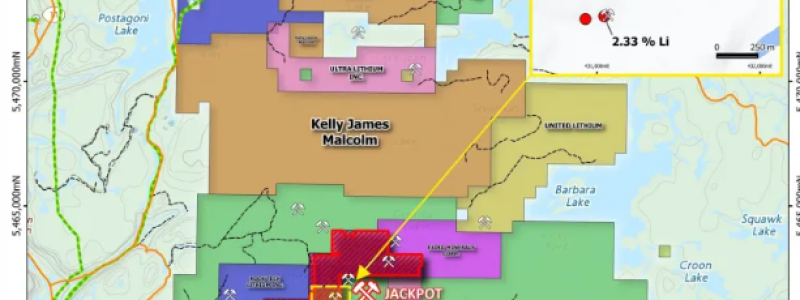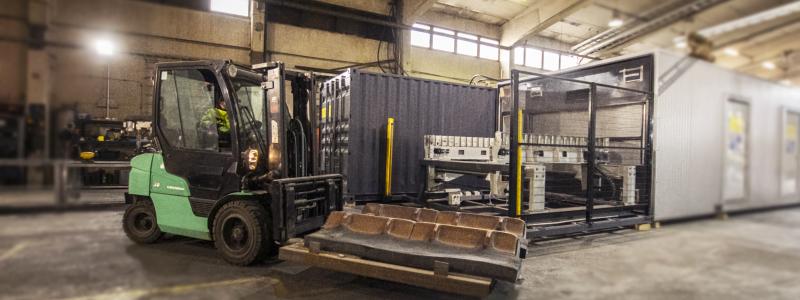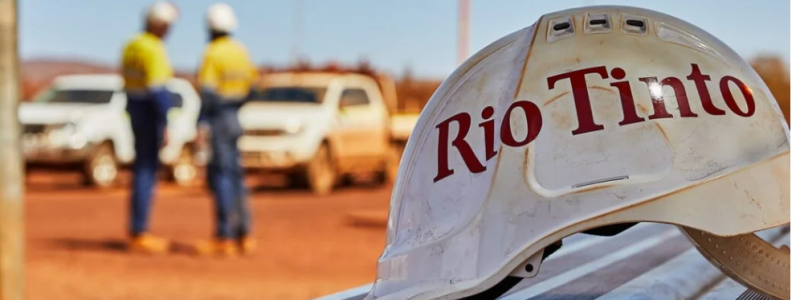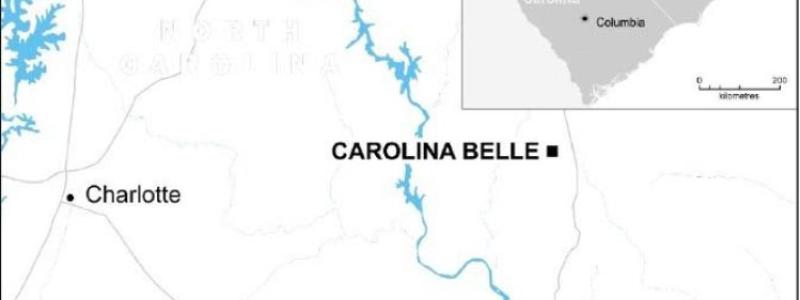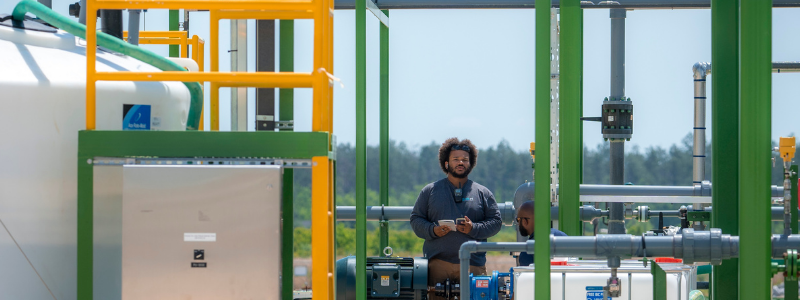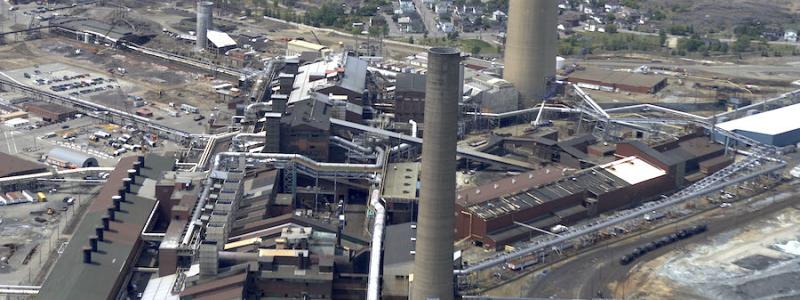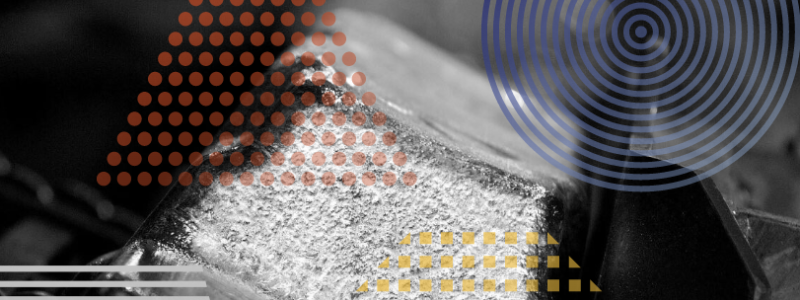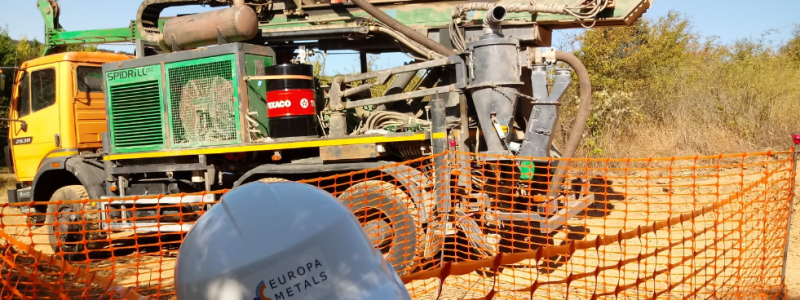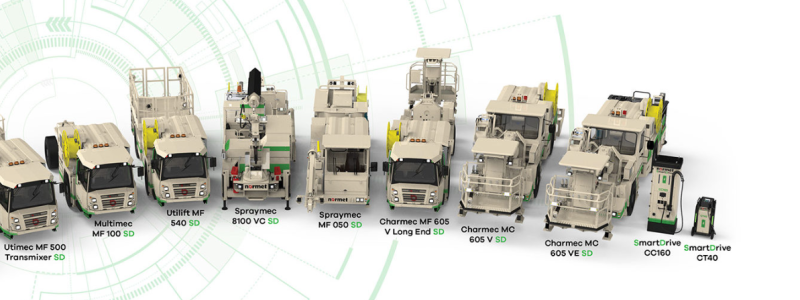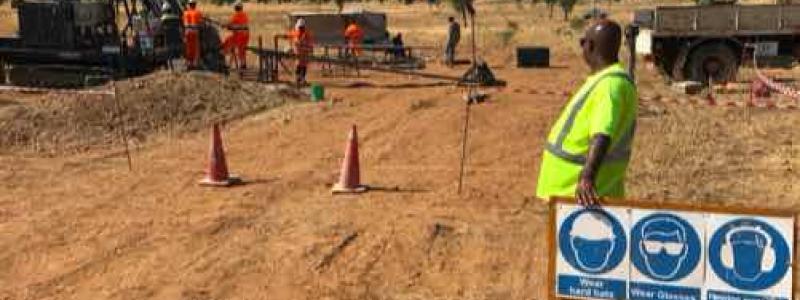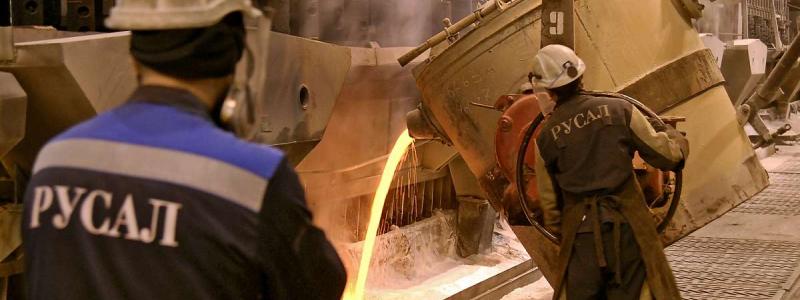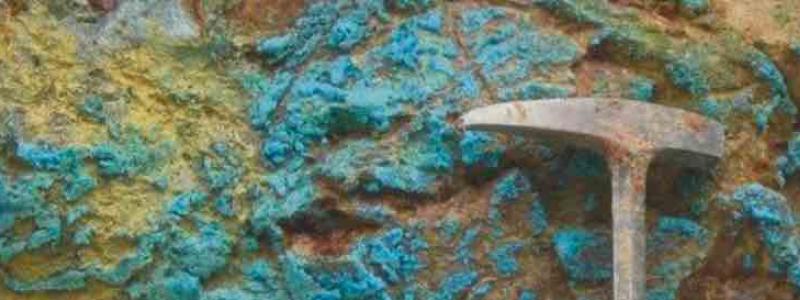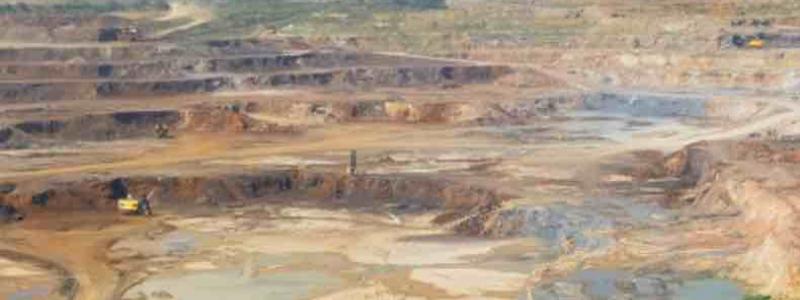Vulcan has commenced commissioning of its Lithium Extraction Optimisation Plant (LEOP), for the purpose of extraction, purification, and concentration of lithium chloride from brine in the Upper Rhine Valley in Germany. This milestone represents a major step forward by Vulcan and its Zero Carbon Lithium™ Project.
This also represents significant progress towards enabling domestic European supply chain independence for lithium as a critical raw material and enabling a more sustainable EV battery production industry in Europe, according to Vulcan.
The commissioning phase for LEOP is expected to run until October, when first brine will be introduced into the plant for the lithium extraction process to begin.
To extract lithium from brine, Vulcan is using Adsorption-type DLE (“A-DLE”), which has been a commercially proven technology in the lithium industry since the 1990s. A-DLE is also beneficial in terms of low operating costs, greater time efficiency and a lower carbon footprint than legacy industry methods of lithium production.
Vulcan’s CEO, Cris Moreno, stated: "The commencement of the commissioning of our LEOP facility represents a significant milestone for us, as well as the entire European battery industry. By 2030, Europe is likely to face a significant lithium shortage, which could have serious implications for the European battery and automotive industries if domestic supplies are not realised. Vulcan is gearing up to be the first to produce lithium from Europe, for Europe, but also to be the first company worldwide to produce carbon neutral lithium. The start of the commissioning of our LEOP facility is a key step toward the implementation of Phase One of our Zero Carbon Lithium™ Project, and in enabling a secure and independent European supply chain for Lithium.
“This is a great achievement of a determined team. Our pilot plants have already demonstrated the capability of A-DLE, a technology that has been commercially in use globally for decades, on our brines.With this determination, we will continue to advance in the coming months, driving the mobility transition in Europe, and serving as an inspiring example of what is possible, pioneering a carbon free future. “






